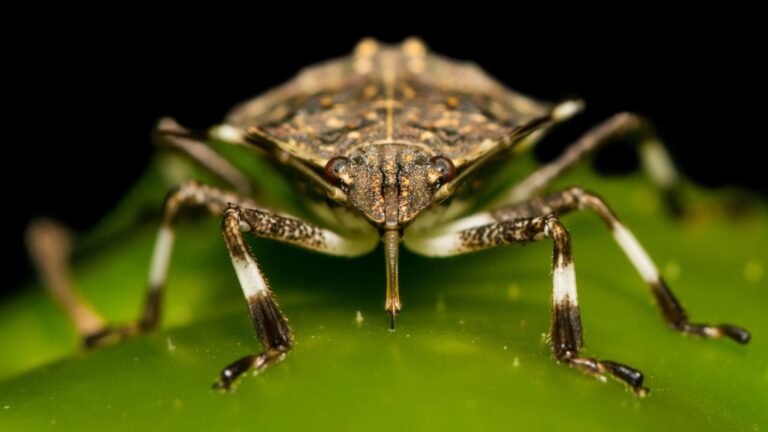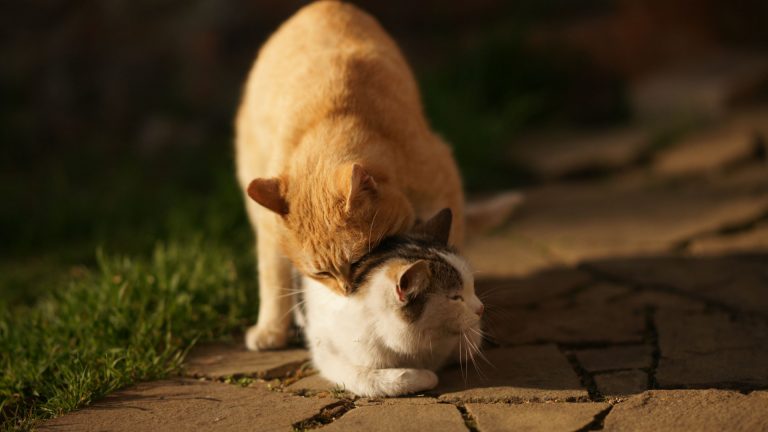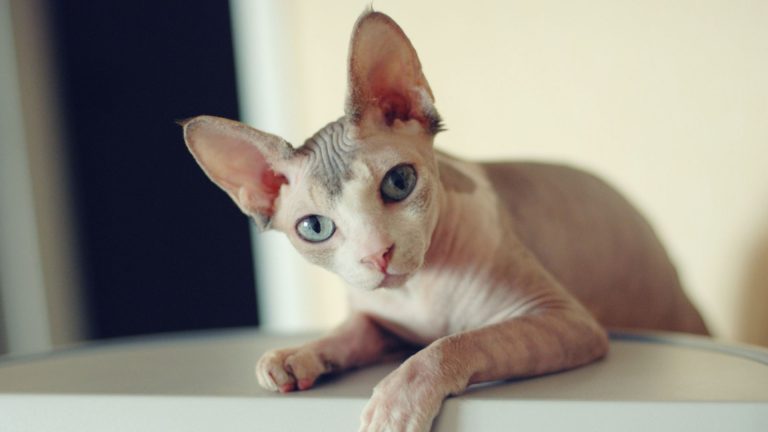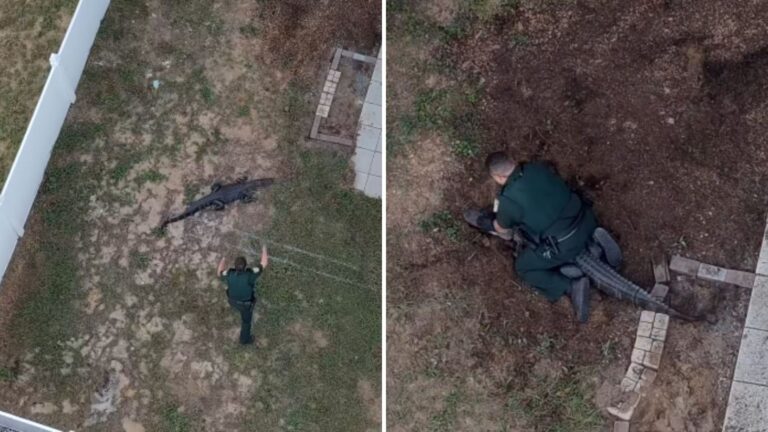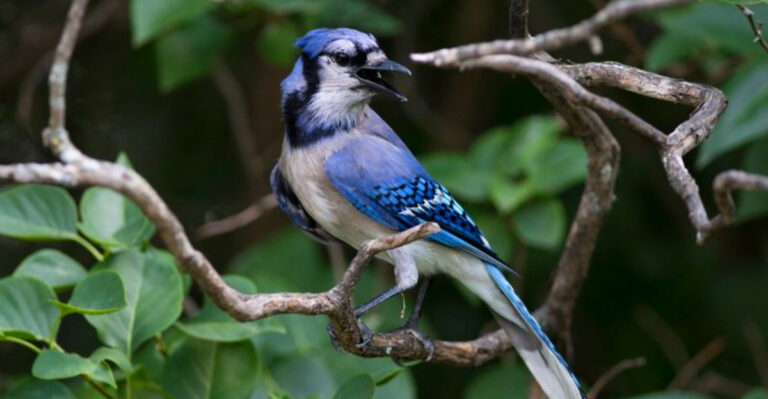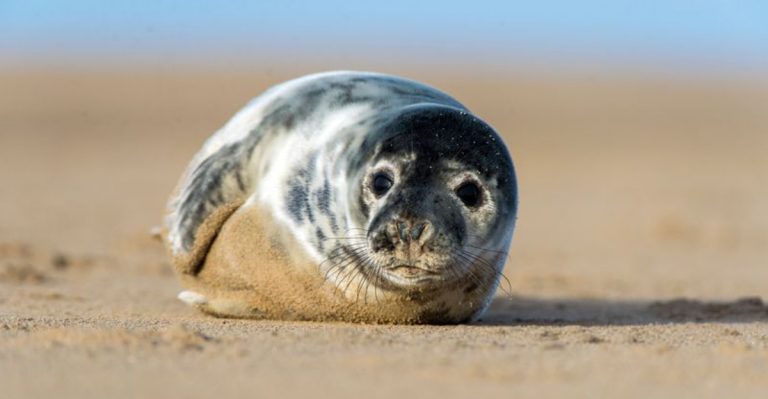How San Francisco Pets Are Living More “Eco-Friendly” Than Humans
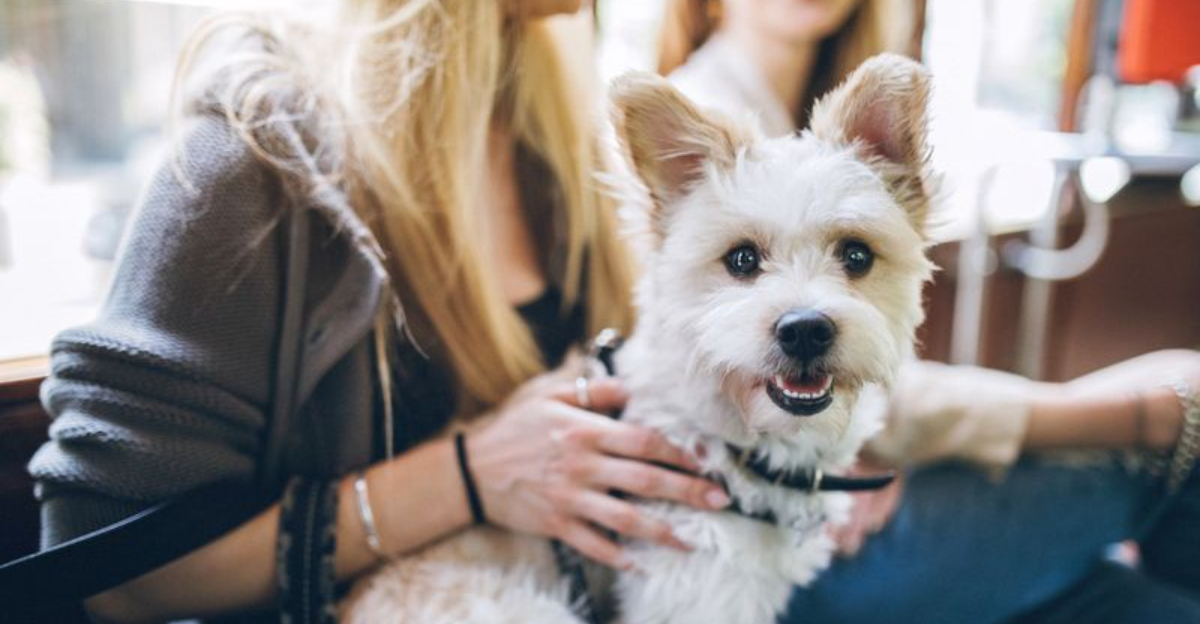
San Francisco’s furry friends are going green in ways that put their human companions to shame. From specialized waste management systems to sustainable food choices, pets in the Bay Area are leaving smaller carbon pawprints than ever before.
The city’s unique environmental consciousness has created a pet culture that’s leading the way in sustainable living practices.
Eco-Friendly Pet Products

Local pet owners flock to stores offering biodegradable waste bags, recycled toys, and sustainable gear. Companies like EcoPawz create products using all-natural ingredients that break down naturally after use.
These alternatives replace the plastic-heavy options most humans still rely on daily. While people continue buying disposable items, SF pets enjoy earth-friendly alternatives that reduce environmental impact without sacrificing quality or comfort.
Composting Pet Waste
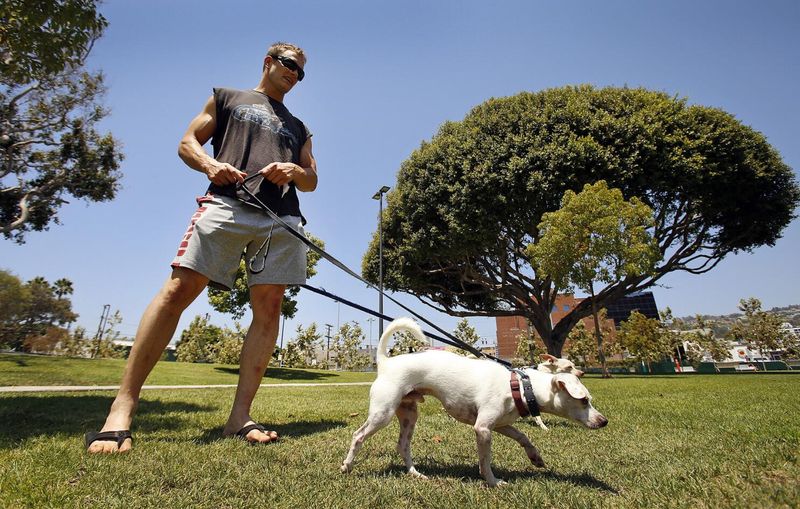
Fido’s bathroom breaks become renewable energy thanks to innovative waste management. Pet Camp partners with Recology and the city to transform dog waste into methane gas, which powers homes and businesses.
This clever initiative diverts over 80% of waste from landfills. Meanwhile, humans still struggle with proper composting practices despite having similar programs available. The pets’ waste becomes a resource rather than pollution.
Sustainable Pet Grooming
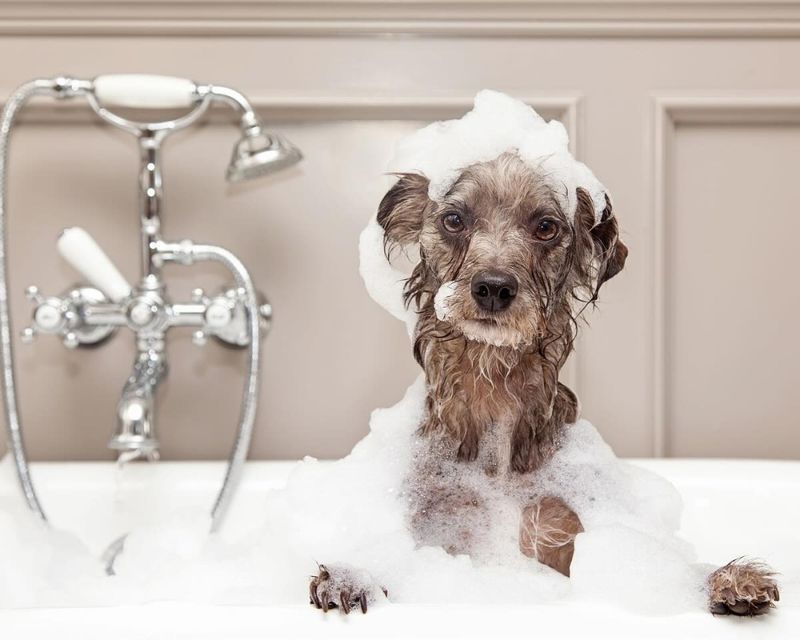
Fluffy gets pampered with plant-based, phosphate-free shampoos when visiting Shear Pets Mobile Grooming. Their van brings eco-conscious beauty treatments directly to doorsteps, eliminating unnecessary travel.
All products used are cruelty-free and biodegradable, ensuring nothing harmful washes down drains. Compare this to human salons using harsh chemicals and excessive water, and it’s clear which species has the greener grooming routine.
Green Pet Boutiques
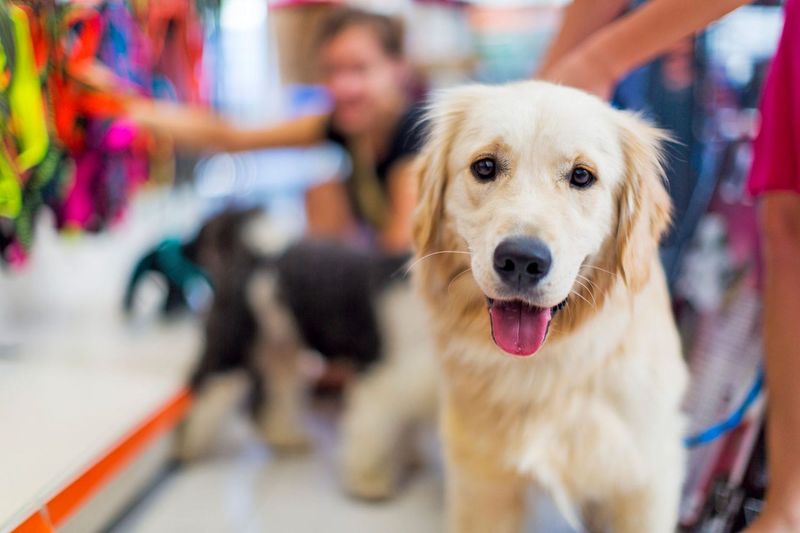
Whiskers shops at Green Pawz, the city’s certified green pet boutique where sustainability meets style. This trendsetting store offers everything from hemp collars to bamboo feeding bowls.
Beyond selling products, they educate pet parents about environmental impact. Many pet owners now choose these boutiques over conventional stores, making more conscious shopping decisions for their animals than they do for themselves.
Support For Sustainable Pet Businesses
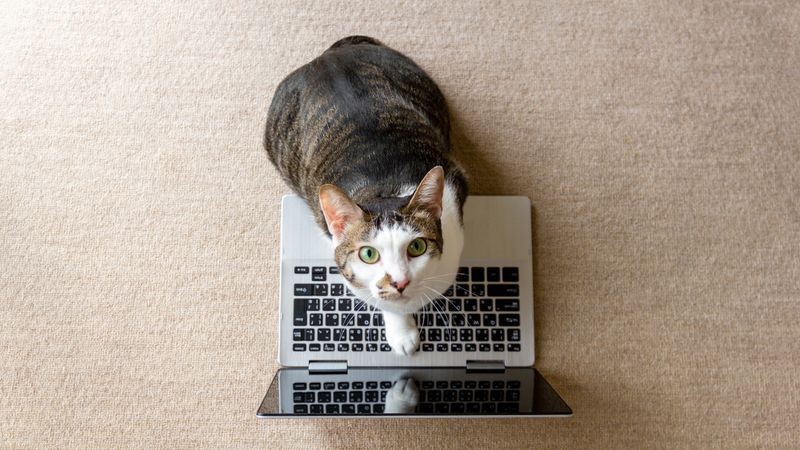
Max’s favorite stores receive guidance from the Pet Sustainability Coalition. This forward-thinking organization provides assessment tools and accreditation to businesses implementing eco-friendly practices.
From supply chain improvements to packaging reductions, PSC transforms how pet companies operate. The result? A network of businesses working together to minimize environmental impact while still providing excellent products for San Francisco’s four-legged residents.
Sustainable Pet Food Options
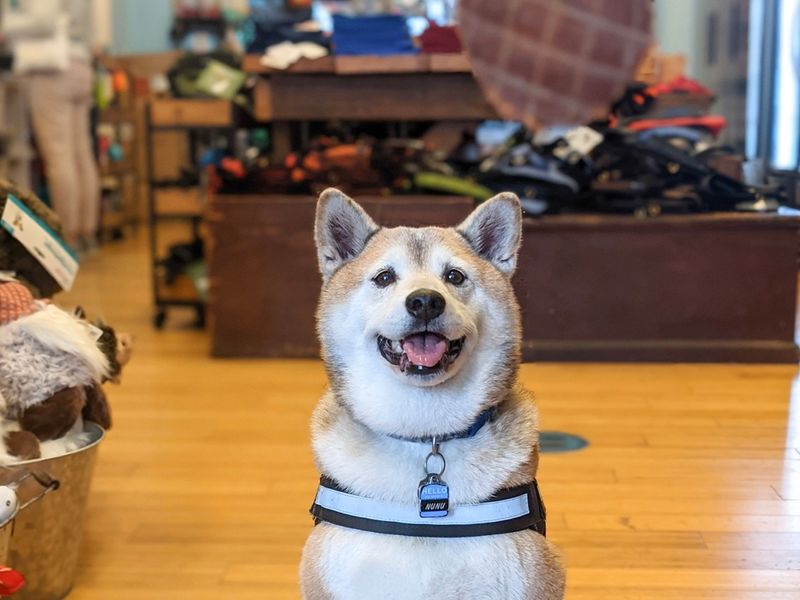
Spot dines on locally-sourced organic meals from Jeffrey’s Natural Pet Foods while his humans grab fast food. These specialized diets reduce transportation emissions and support regional farmers.
Raw food options eliminate energy-intensive processing required for most commercial pet foods. The store’s focus on holistic nutrition ensures pets receive optimal health benefits without the environmental costs associated with mass-produced options.
Eco-Conscious Pet Waste Management
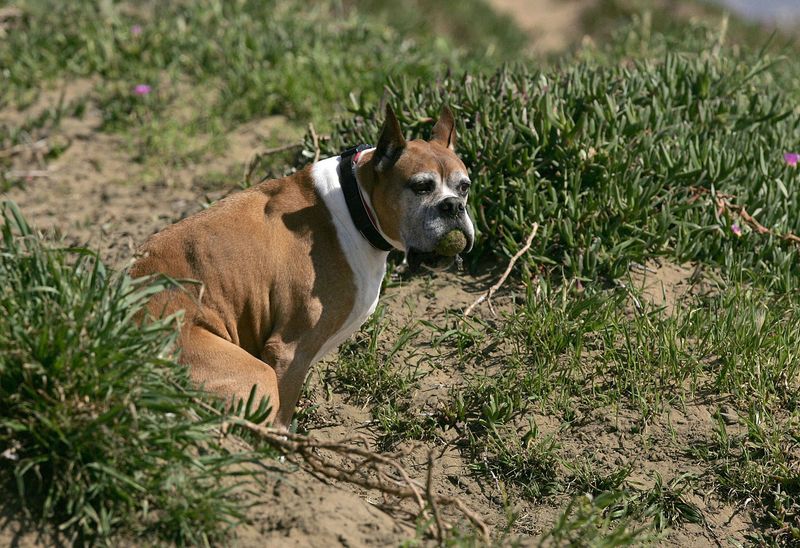
Rex’s waste gets special treatment under San Francisco’s Mandatory Recycling and Composting Ordinance. Forward-thinking pet parents use compostable bags and designated bins, keeping waste out of landfills.
This systematic approach transforms a disposal problem into an environmental solution. While many humans still struggle with basic recycling, the city’s pets contribute to composting programs that produce nutrient-rich soil amendments.
Pet-Friendly Public Transportation
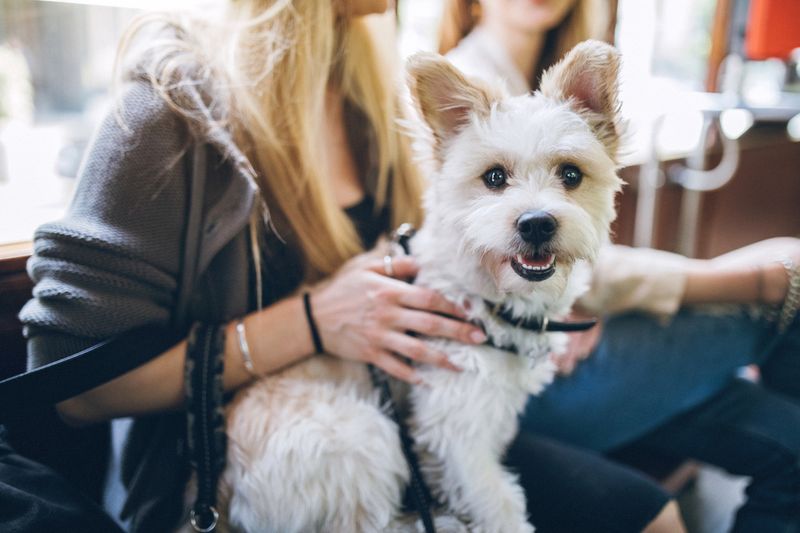
Bella rides Muni while her owner leaves the car at home. San Francisco’s pet-friendly public transit system welcomes furry passengers, dramatically reducing carbon emissions from unnecessary car trips.
This progressive policy encourages shared transportation for both species. Each pet on public transit represents one less vehicle on the road, making this simple accommodation a significant environmental win that many human-only households haven’t yet embraced.
Educational Initiatives On Sustainable Pet Care
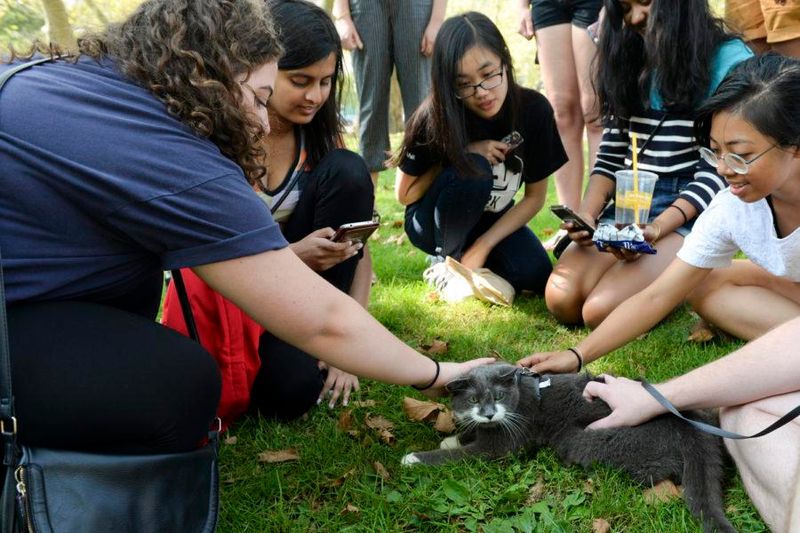
Lucky’s human learned non-toxic flea control from the San Francisco Environment Department’s workshop. Their comprehensive resources promote natural alternatives to chemical treatments that harm waterways and wildlife.
Simple solutions like metal flea combs and hot water washing for bedding replace harmful pesticides. This education empowers pet owners to make environmentally responsible choices that benefit their pets’ health while protecting the larger ecosystem.

